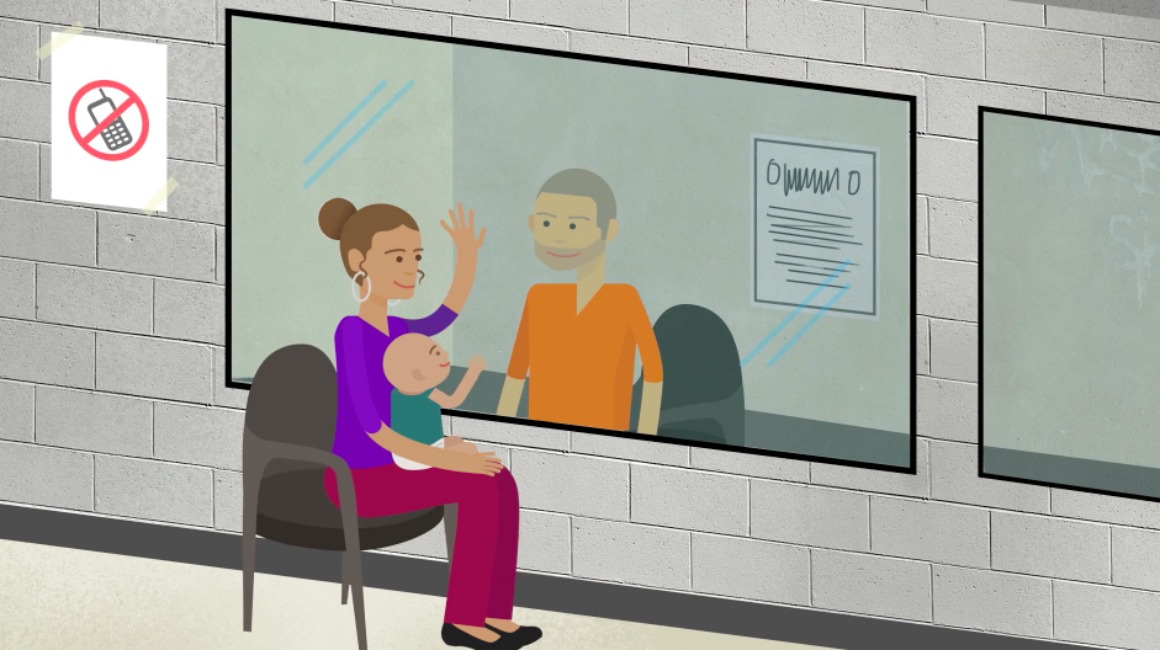Elizabeth Holmes’ guilty verdict chilled me in a way I didn’t expect until it happened.
The popular media suggested a guilty verdict might put the brakes on some of the worst behavior of the tech giants. And the jury found Holmes guilty earlier this month … of some of the accusations against her.
Out of the 11 counts against Holmes, the jury could only agree to a guilty verdict on 4 — all of them involving defrauding investors. On the rest, the jury either deadlocked or acquitted. That includes all the charges involving misleading doctors and patients with false testing results.





